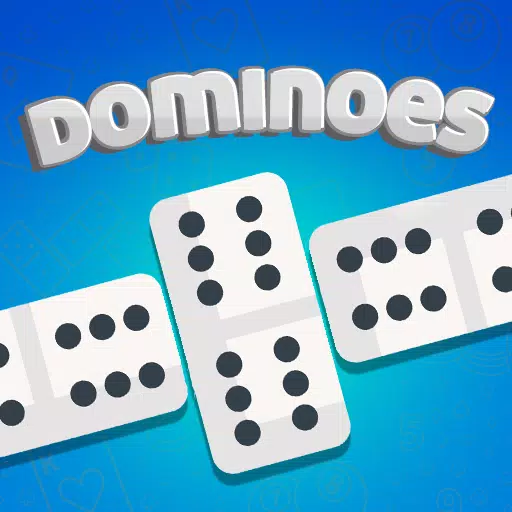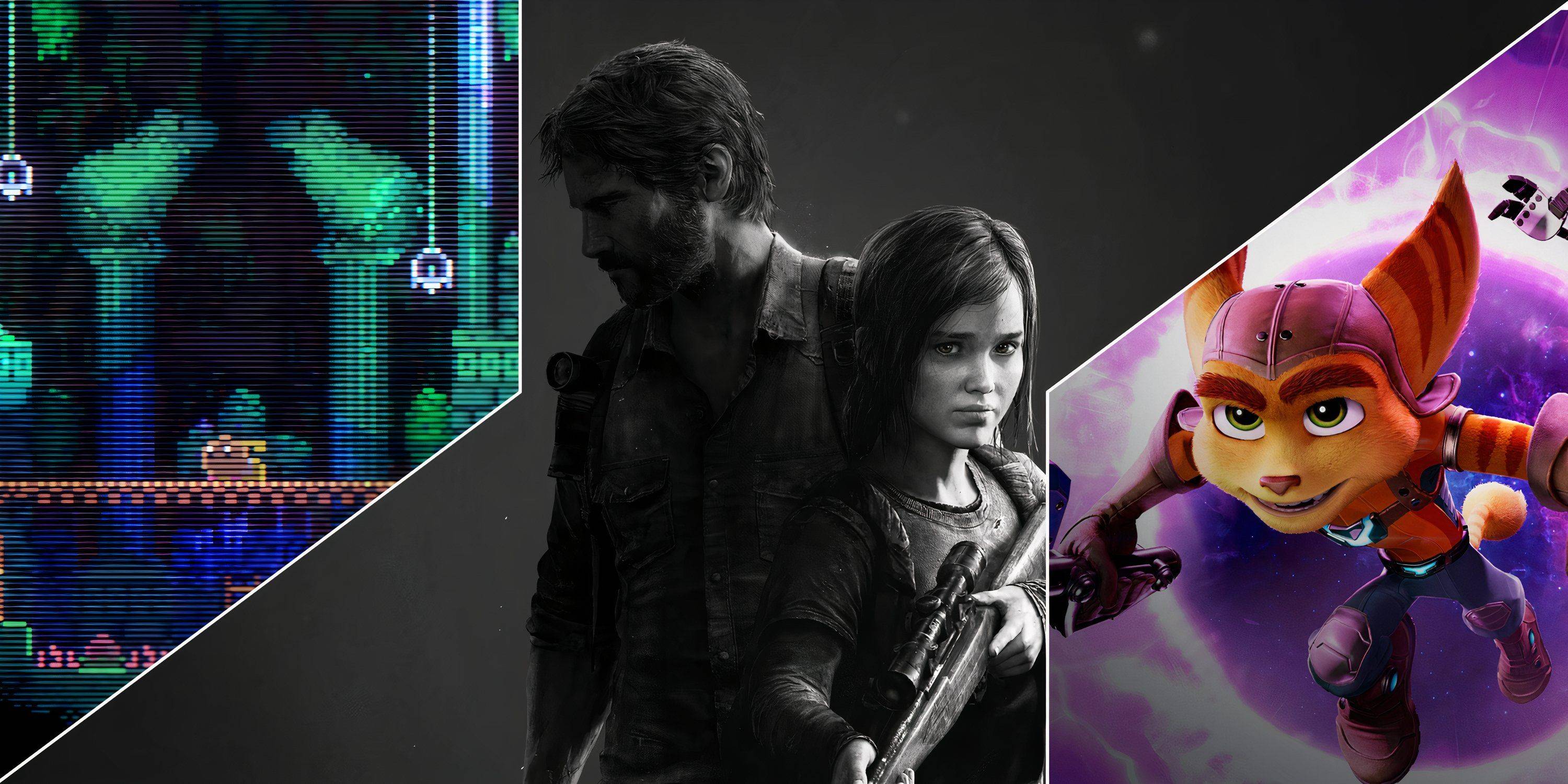It's the year's end, and my Game of the Year is Balatro – a surprising but well-deserved choice. While not necessarily my favorite, its success highlights important aspects of game design and market appeal.
Balatro, a blend of solitaire, poker, and roguelike deckbuilding, has garnered numerous awards, including Indie and Mobile Game of the Year. Its success, however, has also sparked confusion and even anger, primarily due to comparisons between its simple visuals and the flashy gameplay of other nominees.
This reaction, I believe, underscores why Balatro is my GOTY pick. Before delving into that, here are some honorable mentions:
Honorable Mentions:
- Vampire Survivors' Castlevania expansion: The long-awaited addition of iconic Castlevania characters is a triumph.
- Squid Game: Unleashed's free-to-play model: A potentially groundbreaking move by Netflix Games, suggesting a shift in monetization strategies.
- Watch Dogs: Truth's audio adventure release: An unexpected but intriguing release, showcasing Ubisoft's experimentation with the Watch Dogs franchise.
Balatro: A Mixed Bag, Yet a Masterpiece
My experience with Balatro is multifaceted. While undeniably engaging, I haven't mastered its intricacies. The focus on deck optimization and statistical analysis, which I find frustrating, has prevented me from completing runs despite many hours of playtime.
However, Balatro represents excellent value. Its simplicity, ease of access, and relatively low technical demands make it a perfect time-killer. While not my ideal time-waster (that title belongs to Vampire Survivors), it's a strong contender.
The game's aesthetic is pleasing, and its gameplay is smooth. For $9.99, you get a captivating roguelike deckbuilder that's both enjoyable and socially acceptable. LocalThunk's ability to elevate a simple concept is commendable. Every element, from the calming music to the satisfying sound effects, is designed to keep players engaged.
Beyond the Hype:
Why discuss Balatro further? Because its success confounds many. While not the most controversial GOTY winner (that honor likely goes to Astrobot), Balatro's reception reveals a crucial point.
Balatro is unapologetically "gamey." It's visually appealing without being overly complex or flashy. It's not a high-fidelity tech demo; it began as a passion project. Its success challenges the notion that a game needs cutting-edge graphics or complex mechanics to be successful. To some, it's simply "a card game," overlooking its well-executed design and fresh approach.

Substance Over Style:
Balatro's lesson is simple: a game doesn't need to be a massive, cross-platform, multiplayer experience to succeed. It can be simple, well-executed, and stylistically unique, appealing to players across multiple platforms.
While not a massive financial success, its relatively low development costs likely resulted in significant profit for LocalThunk. It proves that a multi-platform release doesn't require the scale of a Genshin Impact.
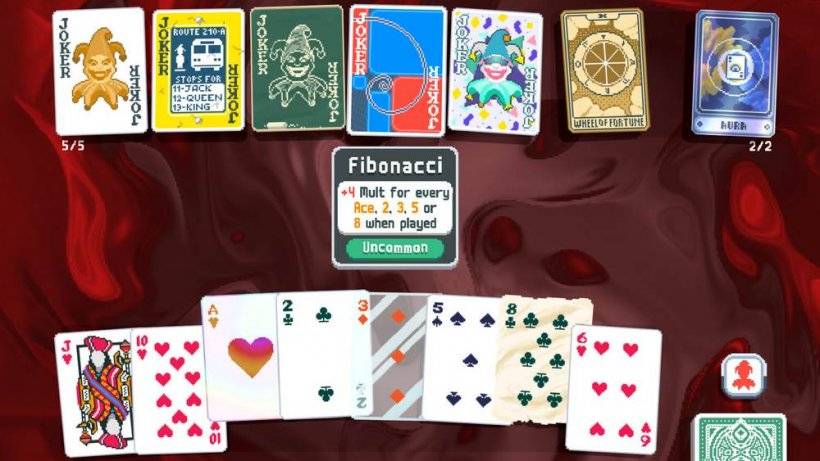
My own struggles with Balatro highlight its versatility. It can be a deeply strategic experience for optimization enthusiasts, or a relaxing pastime for casual players.
In conclusion, Balatro's success reinforces a vital truth: a game's quality isn't solely determined by its visual fidelity or complexity. Sometimes, a simple, well-designed game with its own unique style can achieve remarkable success.
 Home
Home  Navigation
Navigation






 Latest Articles
Latest Articles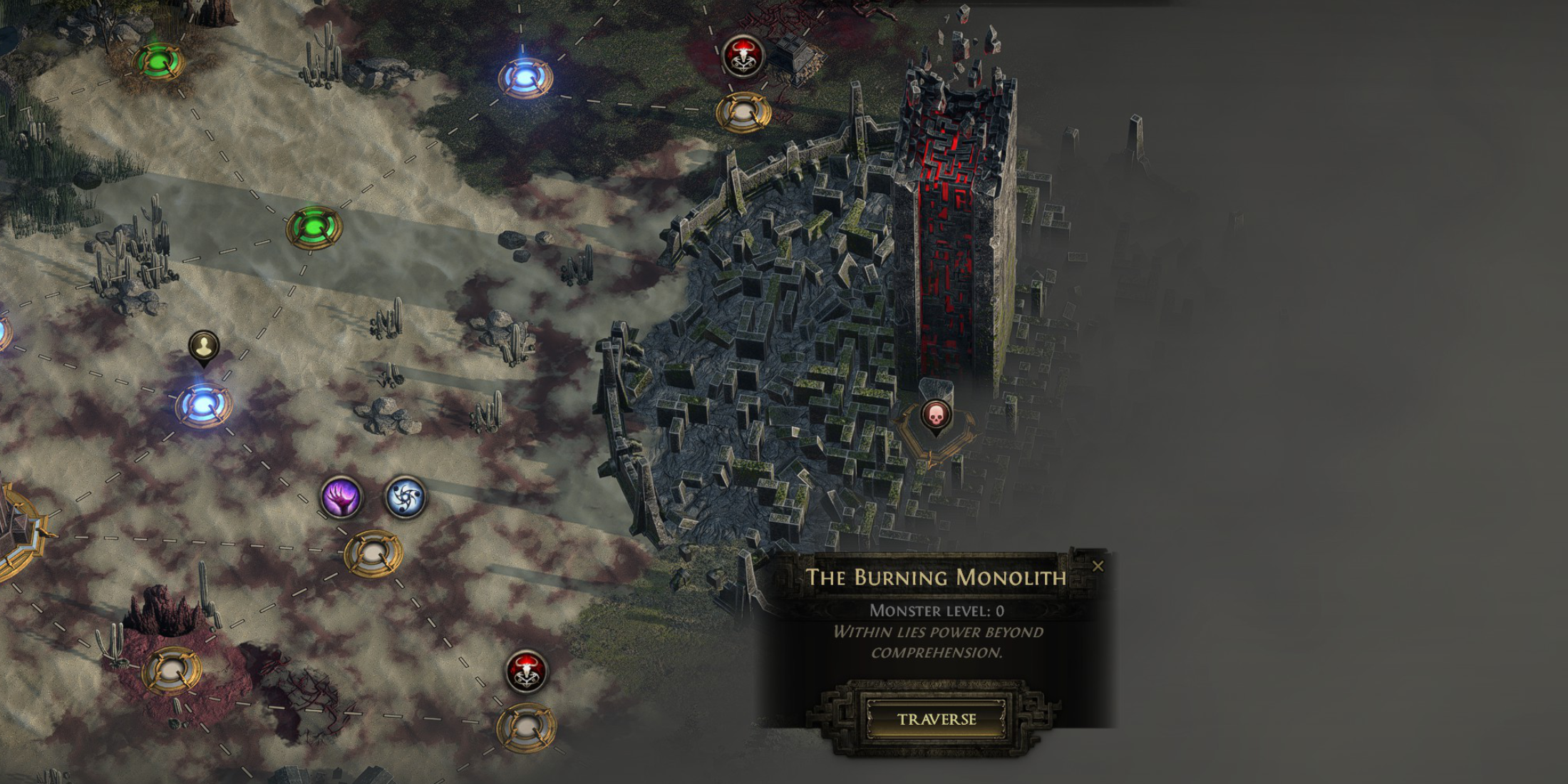

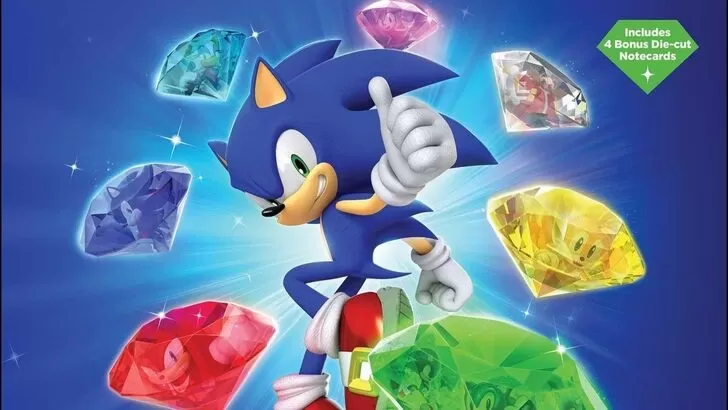








 Latest Games
Latest Games
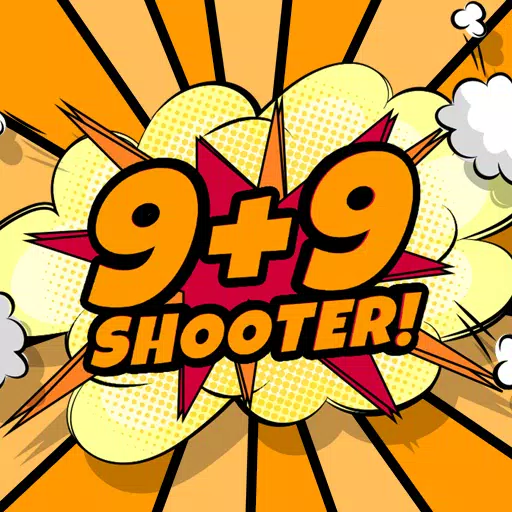

![[グリパチ]CR戦国乙女〜花〜](https://imgs.xddxz.com/uploads/83/17306721726727f62c13377.webp)

![Chubby Story [v1.4.2] (Localizations)](https://imgs.xddxz.com/uploads/85/1719638042667f981a5e9f8.jpg)

![Zia – New Version 0.4 [Studio Zia]](https://imgs.xddxz.com/uploads/47/1719569268667e8b74e6004.jpg)


